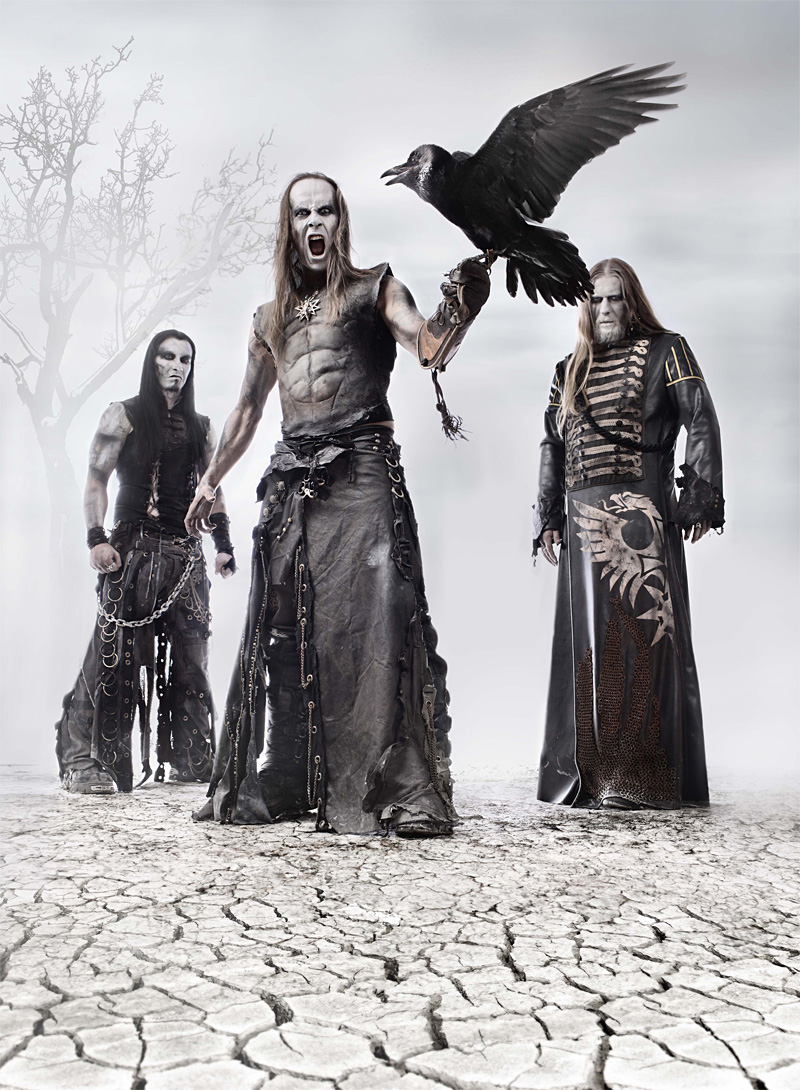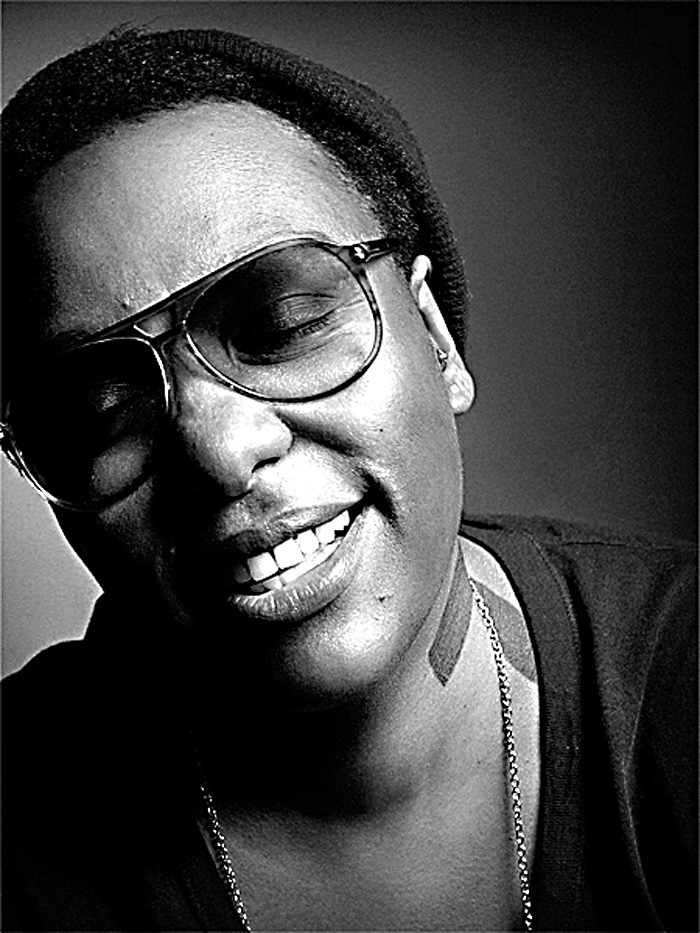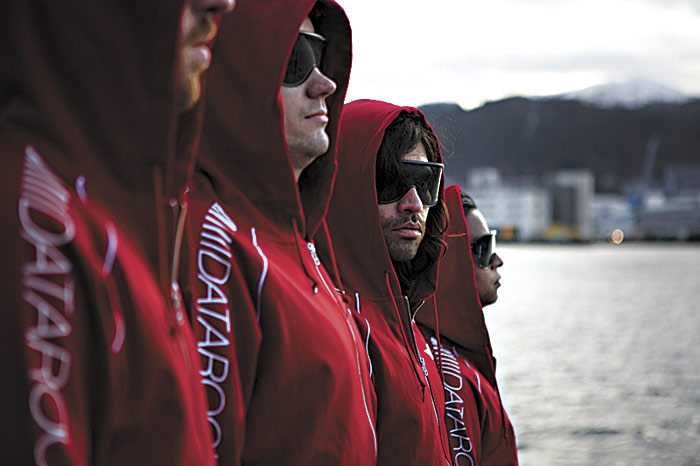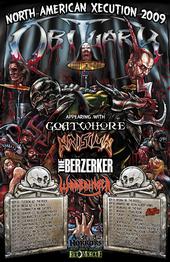If it’s a cop-out when Satanic-themed metal bands dodge discussion of the motivations behind their work, you can’t really fault Behemoth bandleader/frontman Adam Darski, aka Nergal, for taking the oft-employed stance that his music speaks for itself.
“Honestly,” says Darski on the phone from the band’s native Poland, gearing up for a tour that hits El Corazon on Jan. 19, “I hate analyzing Behemoth’s music. The album is there for people to listen. What else can I add to it?”
Answer: well…not much.
Darski’s reluctance is understandable not so much because Behemoth’s music—a propulsive, frantic hybrid of black and death metal—lends itself to obvious decoding, but because Behemoth albums come stocked with what might very well be the most thorough liner notes in all of metal. If you have any questions about where this music is coming from, the answers are all there—and then some. If you intend to indulge even a passing interest in the band, you might plan to do some reading. Fans who have followed Behemoth’s nine-album, 18-year career already know what to expect.
Within the (not so) brief manifestos that outline the origin of each and every song in explicit detail, references abound to subjects including but by no means limited to Biblical passages, esoteric knowledge, ancient languages, demons, Babylon, whores from Babylon, Dionysus and his archetypal essence, alternate dimensions, synchronicity, non-Western belief systems, and of course that old humbug Aleister Crowley. As Darski points out, preparing the CD booklets for each album understandably requires an exhaustive amount of attention.
Without the benefit of Darski’s exposition, Behemoth’s Christ-slandering lyrics might initially come across as yet another example of the tired, misanthropic shock-mongering that plagues the black-metal community. But Darski’s aversion to Christianity actually stems from the simple belief that people would be happier and better equipped to “find the beauty in life” without the oppressive specter of rules and fear that religion hangs over their heads. As such, Darski’s voluminous liner notes seem to be aimed less at baiting people and more at informing them. And despite the band’s whiteface, vaguely fascistic eagle-flag banners and back-catalog references to pagan Scandinavia, Behemoth doesn’t pander to the call for Northern Europeans to reclaim their lost pre-Christian Viking roots as directly as other like-minded acts often do.
Raised in a Catholic household, Darski says he began to feel ethically opposed to religion when he was 15.
“I remember that I was doing stuff,” he recalls, “that I could never consider to be evil or sinful. I was raised in a religion and culture that called this stuff evil. And I was, like, ‘Well, it’s not evil; it’s just nature.'”
When pressed to be clearer about what “this stuff” entailed, Darski offers masturbation as his first example. Of course, in true teenage fashion, naive but passionate political/philosophical inquiry wasn’t far behind. And where the rest of us have either buried our masturbatory teenage past in clouds of shame or simply evolved into perfectly pedestrian Internet porn–addicted adults, Darski’s adolescent passions have blossomed into a lushly developed worldview that extends far beyond his antipathy toward the Big C.
“Human nature,” he muses, “has millions of aspects, but it’s human nature. This is something I’ve always tried to affirm and glorify. So I just realized that religion is a tool that is very limiting in the process of self-creation. When I was 15, I got into underground experimental music, and this music basically showed me the way. And then I started to read more and have complex discussions with people. Ever since then, I’ve never been a friend to any kind of religion. I respect them, in a way, because it’s humans that created them, and they did it for certain reasons. But I have no problem saying aloud that this is something that limits my ego and my nature. If you’re not a very creative person and you have a tendency to be led by others, then feel free.”
For Darski, sexual and creative urges are profoundly linked, a view he illustrates with an entry toward the end of the liner notes for Behemoth’s latest album, last year’s Evangelion, where he describes his response to the work of the late-19th-century Polish poet and playwright Tadeusz Micinski. Micinski, a forerunner of expressionism and surrealism who tackled metaphysics, mysticism, and morality, touched on themes that would resonate with Behemoth’s sense of mission.
“In Micinski’s works,” Darski writes, “I found Luciferian elements of human nature which were always very dear to me—the idea of disobedience, the opposition of world’s order, becomes a specific holiness. I lean toward the idea that, by negating all values, you can at the same time commune with the Absolute. This is a moment when Nothing becomes All, where we are None and we are One. I live, serve, and reign in this sovereign world, which drips with perspiration, blood, and sperm.”








